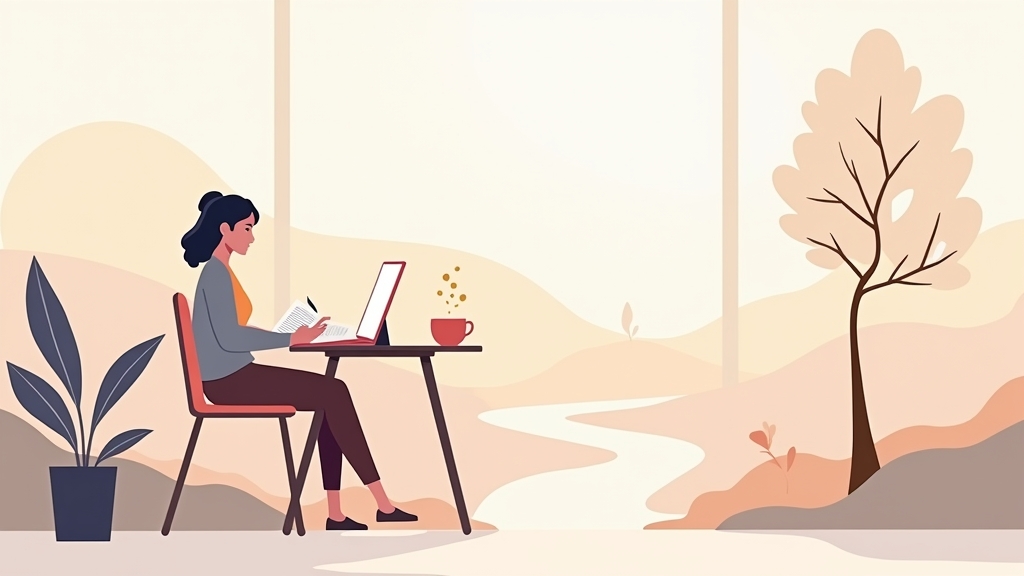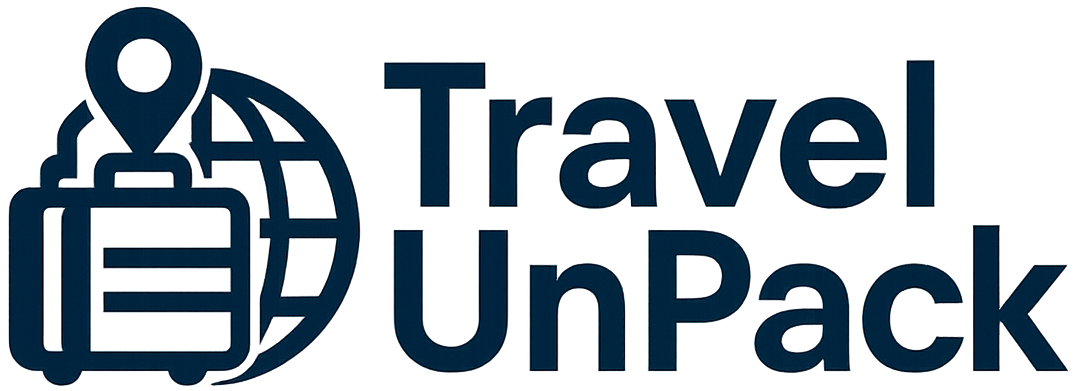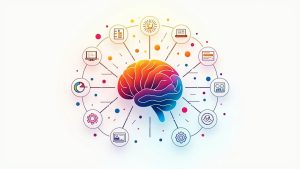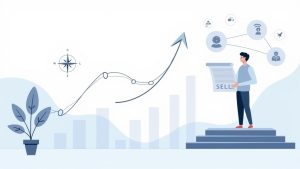How to Use the Slow Learning Philosophy to Build a Sustainable Career
What is "slow learning" and why is it revolutionary?
We live in a world that values speed. Quick courses, tight deadlines, multitasking and the pressure for immediate results dominate the job market. But what if I told you that slowing down could be the key to a more lasting and satisfying career? O slow learning is an approach that prioritizes deep, conscious and unhurried learning.
Unlike accelerated learning, which often leads to superficiality and quick forgetfulness, slow learning focuses on consolidating knowledge. Imagine learning a new language: instead of memorizing ready-made phrases in a month, you immerse yourself in the culture, practice daily and internalize the vocabulary organically. The result? Real fluency, not just an illusion.
Studies show that the human brain retains information more effectively when learning is spaced out and contextualized Spaced Learning. This means that breaks and reflection are just as important as the study itself. Have you ever felt that, after an intensive course, you've forgotten almost everything within a few weeks? Slow learning avoids this frustrating cycle.
What's more, this philosophy combats professional burnout. When we stop racing against time, we reduce stress and increase quality of our work. Companies like Basecamp have already adopted sustainable pace policies, proving that productivity does not have to be synonymous with exhaustion Basecamp and Calm Work.
Why is haste making us sick?
How many times have you found yourself saying "I don't have time"? The culture of urgency makes us believe that we need to rush in order to be relevant. But the truth is that this mentality is making us sick. Burnout syndrome, for example, affects more than 30% of Brazilian professionals, according to ISMA-BR Burnout data.
The problem starts when we confuse movement with progress. Staying busy all day doesn't mean we're progressing in our careers. On the contrary, we're often just reacting to external demands, with no room to think strategically. Have you ever felt like you're always putting out fires, but never building anything solid?
Slow learning proposes a change of mentality. Instead of accumulating certifications at a frenetic pace, how about choosing one subject at a time and really mastering it? For example, a marketing professional could devote six months to understanding deep learning applied to adsinstead of taking three superficial courses in a month.
Another dangerous aspect of haste is constant comparison. On social media, we see colleagues being promoted, launching projects and studying non-stop. This creates the false impression that we are falling behind. But what if, instead of keeping pace with others, you set your own pace?
How can you apply slow learning in your day-to-day work?
Now that we understand the benefits, how can we put this philosophy into practice? The first step is reassess your priorities. List the essential skills for your career and define a realistic timetable. Want to become an expert in data analysis? Dedicate yourself to one course per semester, with daily hours of practice and revision.
An effective technique is time blocking. Set aside specific periods for learning, without distractions. For example, two hours every morning just to study Python, without checking emails or social networks. Tools such as Toggl Track can help you monitor your progress.
Another valuable tip is integrating learning into work. If you're studying project management, immediately apply the concepts to your tasks. This reinforces your memory and makes the knowledge useful right from the start. How about trying out a new methodology in the next report you need to deliver?
Finally, celebrate the small victories. In slow learning, every step matters. Write down your achievements, even if they seem small. Learned how to use a new function in Excel? Great! That's real progress, no matter if others have known for years.
Slow learning and developing lasting skills
One of the biggest advantages of this approach is long-term retention. When we learn slowly, we create stronger neural connections. Think of driving: at first, every movement is conscious; over time, it becomes second nature. The same happens with professional skills.
A practical example is mastering complex tools such as Tableau or Photoshop. Many people take a quick course and then forget 80% the content. On the other hand, those who study calmly, practicing regularly, are able to use these programs with mastery years later.

Another crucial point is adaptability. Professionals who learn deeply are able to transfer their knowledge to different contexts. A designer who understands the principles of color psychology, for example, can apply them to logos, websites or packaging without relying on ready-made formulas.
And make no mistake: slow learning is not synonymous with slowness. It's about efficiency. Spending 100 hours on a topic with total focus yields much more than 200 hours divided between multiple tasks. Want to try it out? Try the Pomodoro technique with breaks dedicated to reflection Pomodoro Method.
Avoiding burnout with strategic breaks
Did you know that even the best athletes in the world need rest? The same goes for the brain. Slow learning includes intentional breaks to avoid mental fatigue. A NASA study showed that 26-minute naps improve performance by 34% NASA and Rest.
At work, this means respect your limits. Working 12 hours in a row may yield more in the short term, but in the long term it leads to mistakes and demotivation. How about trying the 52/17 rule? Work focused for 52 minutes and rest for 17. Many professionals report increased productivity with this technique.
What's more, disconnecting is essential. Take time out of your day without screens or demands. Walk, meditate or simply breathe. Companies like Google encourage "mindfulness" in the corporate environment Google and Mindfulness.
Finally, sleep well. Sleep consolidates memory and recharges creativity. If you're sacrificing hours of rest to study or work more, you're sabotaging your own future.
Building a sustainable career with realistic goals
Slow learning also applies to career planning. Instead of aiming for a management position in two years, how about charting a gradual path? Realistic goals avoid frustration and allow for adjustments along the way.
Start by defining learning objectivesnot just professionals. For example: "This year, I want to master advanced negotiation" instead of "I need to be promoted by December". That way, even if the promotion takes a while, you'll be better prepared when it comes.
Another strategy is qualified networking. Instead of trying to meet 100 people at one event, focus on five in-depth conversations. Solid relationships open doors that superficial contacts never could.
And remember: comparison is the enemy of happiness. Their journey is unique. While some "blow up" quickly, others build consistent careers over decades. What matters is getting there with health and satisfaction.
Tools and resources for practicing slow learning
Want to start today? Here are some suggestions:
– Flexible pace courses: Platforms such as Coursera e edX allow you to learn in your own time.
– Mindfulness apps: Headspace e Calm help reduce anxiety.
– Essential books: "Deep Work by Cal Newport and "The Power of Now" by Eckhart Tolle are great starting points.
Try it for a month. Slow down, go deeper and observe the results. Your career - and your mental health - will thank you.
Have you ever practiced slow learning without realizing it? Tell us in the comments!



